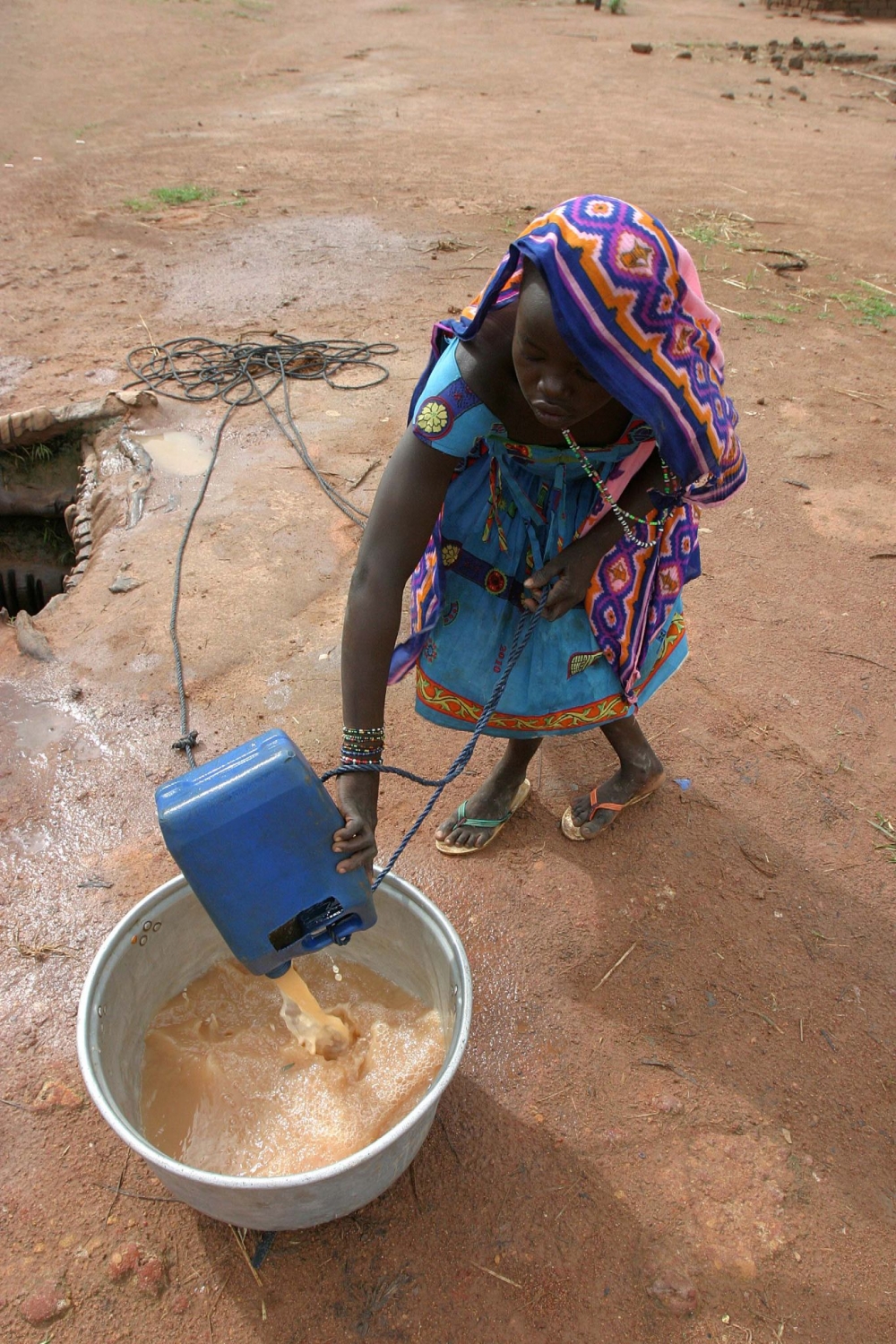WORLD WATER DAY | Dirty water 3 times more deadly to a child than a bullet

To mark World Water Day, UNICEF released a report that reveals children under 15 are on average three times more likely die from poor WASH services in conflict zones than direct violence.
The report, which looks at child mortality rates across 16 prolonged conflict zones, found children are far more likely to die from preventable diarrheal illnesses than direct violence, with children under 5 twenty times more likely to die.
Across the 16 conflict zones, the report revealed that an average of 85,700 children under 15 died due to diarrhoeal-related illness per year, between 2014 and 2016.
Without easy access to WASH services, children are at high risk of contracting diseases including diarrhoea, typhoid, cholera and polio. Girls are particularly vulnerable, often risking sexual violence when collecting water or using a latrine, said the report.
UNICEF Executive Director, Henrietta Fore, said:
“The odds are already stacked against children living through prolonged conflicts – with many unable to reach a safe water source. The reality is that there are more children who die from lack of access to safe water than by bullets."
These risks are heightened during conflict, where deliberate attacks on infrastructure can cripple WASH services for an entire community. During this time, bottlenecks are regularly placed on supplies that are necessary to repair these vital services, such as fuel and chlorine.
These kinds of attacks can have disastrous effects on a nation’s progress towards SDGs. According to OCHA’s Global Humanitarian Overview 2019, the average humanitarian crisis last up to nine years; three quarters of those receiving aid in 2018 had been affected by a humanitarian crisis for seven years or more.
Fore said:
“Deliberate attacks on water and sanitation are attacks on vulnerable children. Water is a basic right. It is a necessity for life.”
UNICEF are calling governments and partners to link life-saving humanitarian responses to the development of sustainable water and sanitation systems for all. To provide a long lasting solution, implementing sustainable WASH facilities in prolonged conflict zones, which run on renewable energy, is essential.
Join us for the 11th Annual AIDF Global Summit in Washington D.C, USA on 4-5 September 2019 to discuss health and WASH.
If you’d like to stay informed on the latest updates in aid and development, please sign up for the AIDF newsletter.















